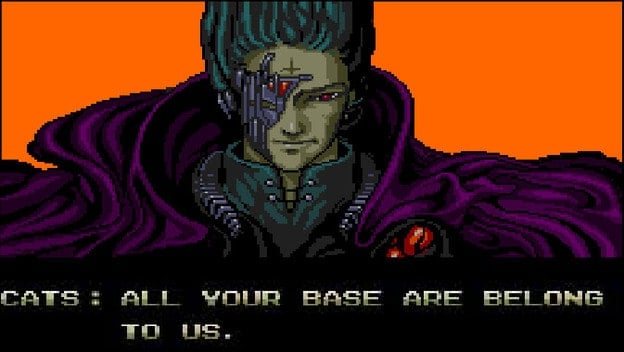In the days of the SNES and the PS One, America was always a year or two behind on most game releases. Before games could even come over to the states, they had to go through the long and lengthy processes of localization. Unfortunately, this never produced great results. Anyone who remembers the All Your Base Are Belong to Us meme can verify that.
This was because our industry was still very young back them. Developing a game in the first place took an incredible amount of money, time, and resources, and we didn’t have the huge software giants that we have now back then. Localization had to be done on small budgets and even smaller staffs. By the end of the SNES era we had the art of localization down to a science… for text. But the PS One era introduced a brand new problem, voice acting, and once again we just simply did not have the budget to produce quality translations.
But now, it appears as if we finally know how to translate games effectively. Games that come our way from Japan not only have skillfully written translations, they also feature the best voice actors of the animation world. Not to mention sometimes we have the budget to get truly big name voice actors, like Keifer Sutherland in Metal Gear Solid: The Phantom Pain .
The only thing that seems behind the times, is that we still have a localization period for some games. Usually we see this in fighting games or big name JRPGs still being produced by studios that may not have the money to launch a big localization effort, or perhaps that are on the fence about localizing games at all and want to wait to see how they do in Japan before they get brought over to the U.S.
But even still, there are ways to avoid this localization period all-together, and usually that just means making the localization effort part of the development process. A good example is the recent release of Guilty Gear Xrd . Every version of the game had fully English voice acting and text in it. So if you purchased an import version of the game you could still play it with absolutely no problem! And yet, it still came out a good few weeks before the American version was even leaked, and even more before it officially releases on December 16 th .

Maybe localization will completely become a thing of the past in just a few years. More and more games are pushing their release and their localization dates closer and closer together. Not to mention more and more games are being made in places that aren’t Japan, which usually means they come with an English voice track from square one.
In a way, this just shows that we are becoming more of an international gaming community. Games are being made less and less for particular regions and more and more for the international community. Games are “tested” less with individual regions releases and instead are built on the idea that a certain amount of money is going to be made from the international market. Maybe, at some point, we will enter a world where all game releases are made to be international and at that time, localization will truly be a thing of the past.
What do you think? Are we heading toward a post localization market? Let us know in the comments.
